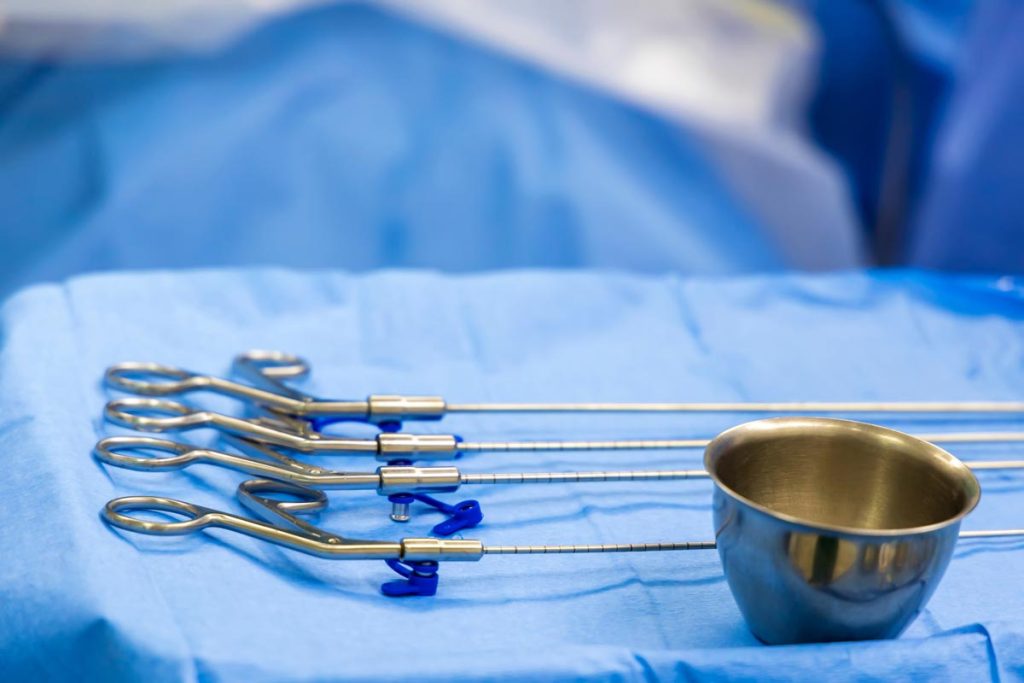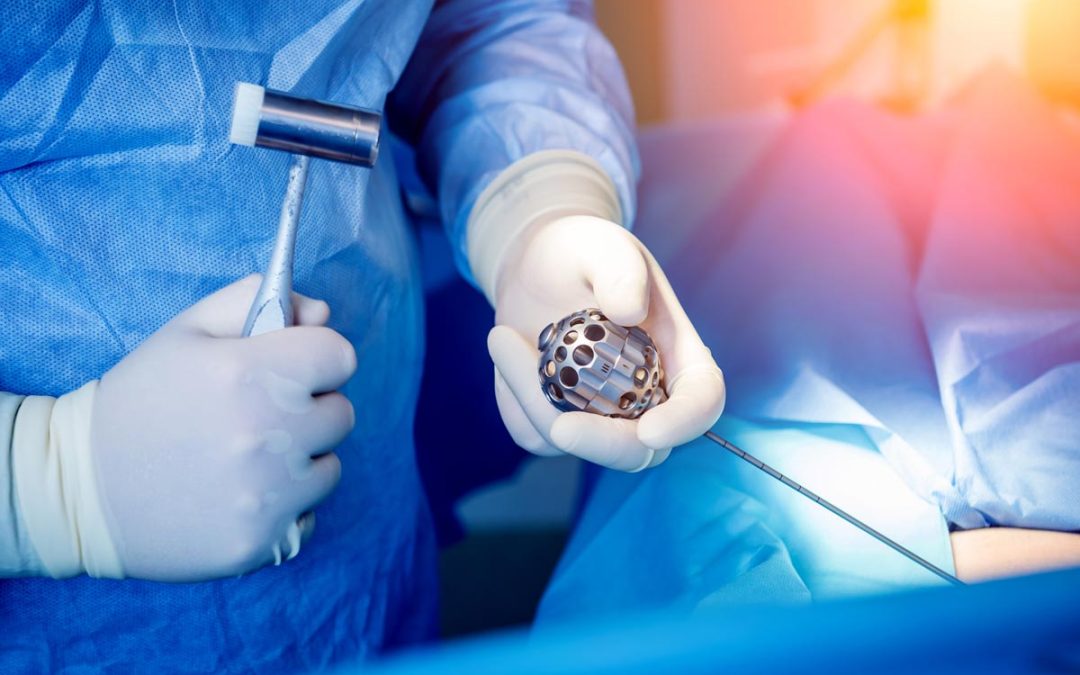Herniated discs can be extremely uncomfortable to live with, resulting in arm, shoulder, leg pain, numbness, weakness, tingling, not to mention sharp pain that can be aggravated by bending or moving a certain way.
If you’ve already tried nonsurgical treatments like physical therapy or steroid injections and they have not improved the symptoms you’re experiencing, it might be time to consider surgery. But among two of the most popular types of herniated disc surgery, microdiscectomy vs endoscopic discectomy, which is better?
Let’s explore the answer to that question so you can choose the right procedure for your situation.
What is Microdiscectomy?
Microdiscectomy is a minimally invasive form of a traditional discectomy.
When comparing microdiscectomy vs discectomy, and other forms of minimally invasive vs. to traditional surgery for that matter, minimally invasive surgery is associated with:
- Smaller incisions
- Less post-surgical pain and reduced reliance on pain medications
- Less blood loss
- Little-to-no muscle damage
- Faster recovery
- Less risk of anesthesia-related complications
Traditional discectomy, meanwhile, is always done under general anesthesia. Because herniated discs contain disc material that slips out of place or even sometimes ruptures, this causes compression and as a result, pain in the spinal nerves.
During a microdiscectomy, an incision is made in the patient’s back to access the problematic disc. Bone or ligament may sometimes have to be removed to gain access to the disc. Then, the surgeon attempts to remove only the portion of the disc affecting the nerves.
This decompresses the spine, which is why microdiscectomy is considered a type of decompression surgery.
What is Endoscopic Discectomy?
Endoscopic discectomy is a newer type of discectomy that is considered ultra-minimally invasive, representing a potential improvement upon minimally invasive surgery for patients who are eligible. It represents a less painful and less involved method of removing damaged herniated disc material.
As a type of endoscopic spine surgery (ESS), endoscopic discectomy is associated with:
- Smaller incisions
- No muscle cutting
- Faster recovery
- Less pain
Compare Microdiscectomy vs. Endoscopic Discectomy

According to one study, while endoscopic discectomy offers similar results to microdiscectomy for treating lumbar disc herniations, it carries the added benefit of less back pain in the first three months.
As we shared in our blog “Life After Endoscopic Spine Surgery: What to Expect”, recovery from endoscopic spine surgery such as endoscopic discectomy is generally a lot less intense (and a lot shorter in duration) than recovery from traditional microdiscectomy.
What’s more, many patients report feeling near immediate relief, largely because they are less burdened by the pain of post-surgery recovery that is sometimes associated with microdiscectomy.
Are You a Candidate for Herniated Disc Surgery?
Radicular symptoms such as nerve pain shooting into your arms or legs (herniated discs do not cause neck or back pain – they affect the nerves, which will cause the radicular symptoms).
The truth is that there’s no way for you to know the answer to this question with any degree of certainty without first being evaluated by a medical professional such as a qualified spine surgeon.
We invite you to contact us here at Desert Spine and Scoliosis Center for a consultation to figure out your treatment options.
FAQs About Microdiscectomy & Endoscopic Discectomy
What is the best surgery for a herniated disc?
That depends on a variety of factors. Both endoscopic discectomy and microdiscectomy are highly effective treatments for herniated discs, with high success rates. The best choice depends on factors like the location and severity of your herniation, your overall health, and your preferences. It’s crucial to discuss your specific situation with a spine specialist.
What are the disadvantages of endoscopic discectomy?
There are very few disadvantages other than it being a technically challenging procedure that requires a high degree of surgical skill. The main reason that microdiscectomy has remained popular is that many spine surgeons are simply not trained in how to successfully perform endoscopic procedures.
Is it worth getting surgery at all for a herniated disc?
The answer to this question is highly individually dependent. Generally speaking, though, surgery can be well worth it if more conservative treatment methods have already been exhausted and proven ineffective.



Recent Comments